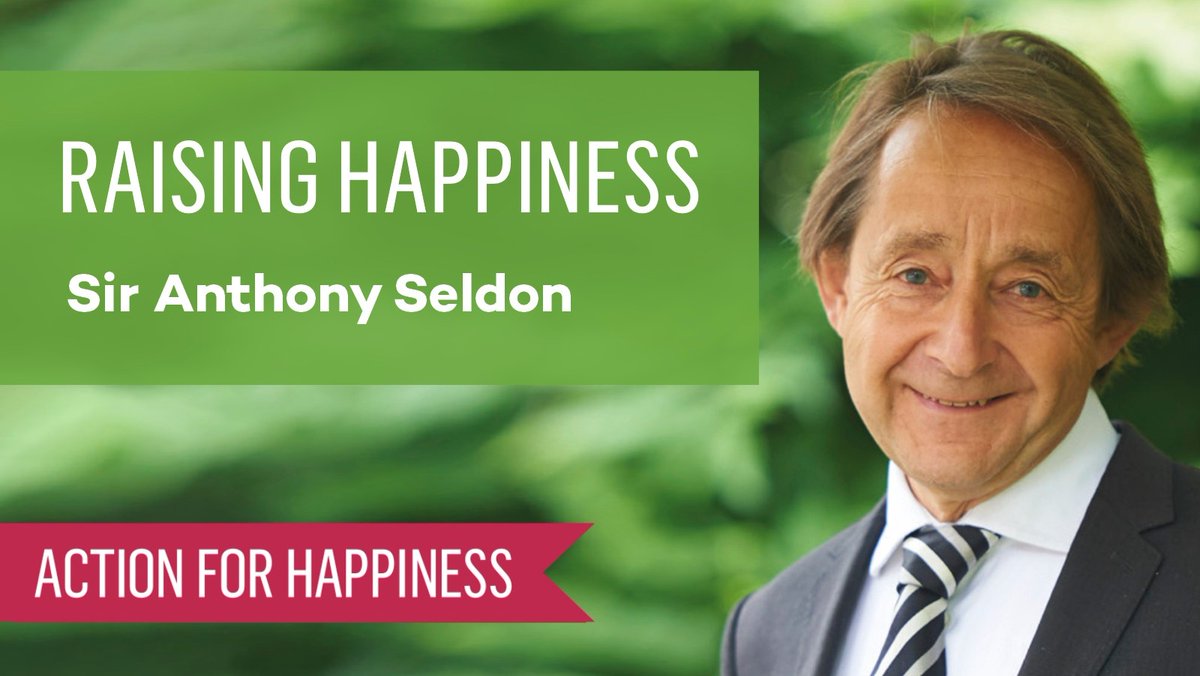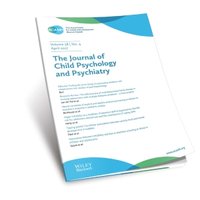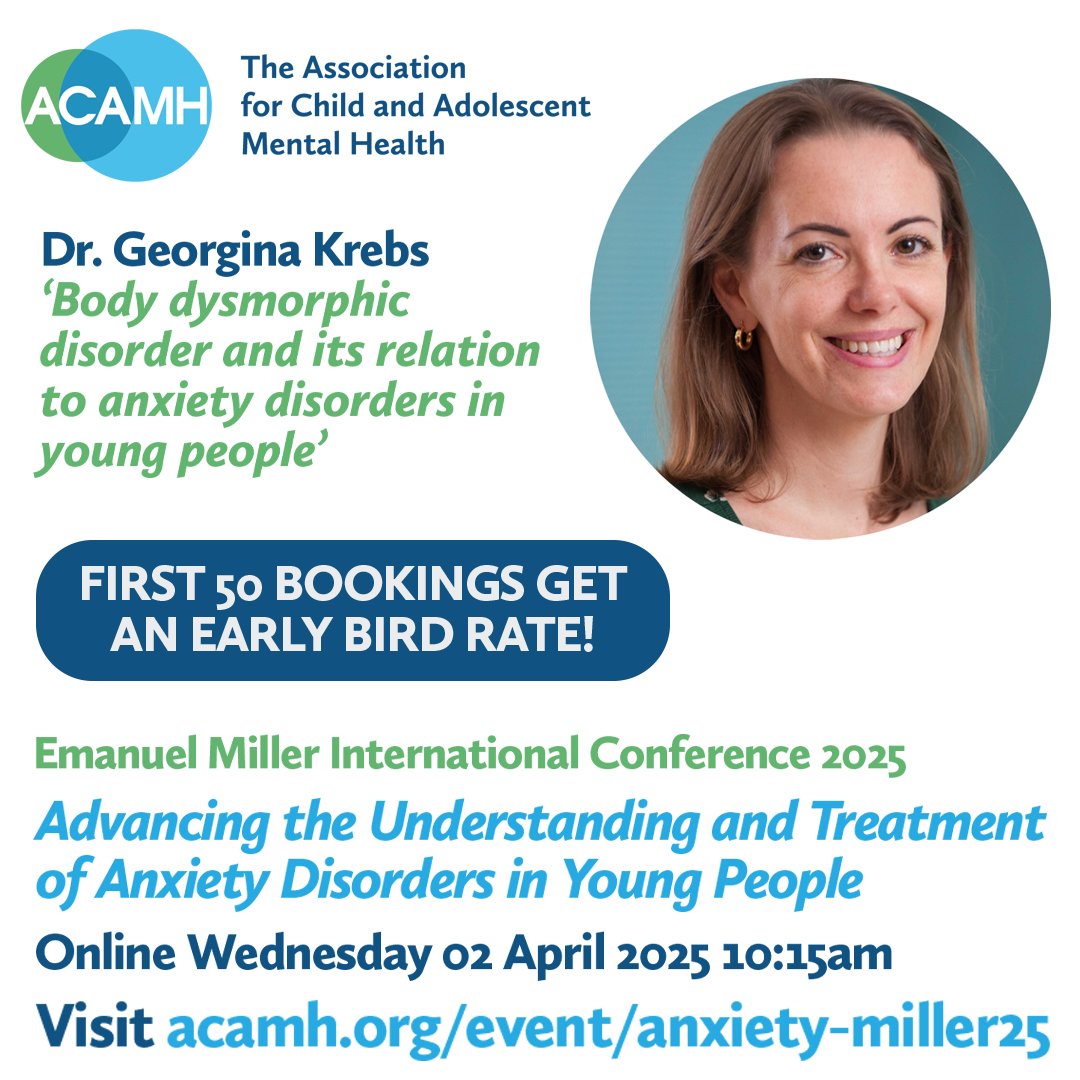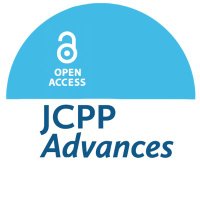
Pablo Vidal-Ribas Belil
@pablovidalribas
Clinical psychologist | Ramon y Cajal Investigator @IRSJD_info @SJDbarcelona_es | dad, wildlife photo taker, aspiring watercolor painter | #hearingloss | he/him
ID: 2414245916
https://orcid.org/0000-0002-4863-9247 27-03-2014 13:46:08
5,5K Tweet
1,1K Takipçi
1,1K Takip Edilen

Pablo Vidal-Ribas Belil I also need to send at least 20 invitations to secure two or three reviewers. The peer review system is moving toward collapse due to for-profit journals and the publish-or-perish system, which overloads scientists.




Dr Keir Philip Pablo Vidal-Ribas Belil The topic of MDPI journals is a whole other issue, but I THINK this is somewhat similar to the model they are using now. If you provide service to them as an editor (not as a reviewer), you can have publication fees waived. Maybe a system like this for reviewing / publishing?


“AI has countless applications to the research workflow, from formulating the research question to summarizing findings.” In this blog, Nicholas Fabiano, MD explores the role of #ArtificialIntelligence (#AI) in #PeerReview. Read the full blog to learn more. bit.ly/3MWNxLl

"Bringing happiness to others leads to a deeper sense of fulfilment than any A grade or iphone ever could" Join Sir Anthony Seldon and discover how we can raise happiness levels and help future generations thrive, especially in tough times anthony-seldon.eventbrite.co.uk Sir Anthony Seldon


Don't miss Association for Child & Adolescent Mental Health's upcoming online conference 'Advancing the Understanding & Treatment of #AnxietyDisorders in Young People', 2 April 2025 FIRST 50 BOOKINGS GET AN EARLY BIRD RATE! With a phenomenal line-up, including Dr Georgina Krebs 💙! bit.ly/4awsaM9 #CAMH #MentalHealth


I need people to understand how difficult it is to get an NIH grant. You spend months writing a proposal, following strict guidelines that include a detailed multiyear budget, bios of everyone on your team, plans for participant safety & ethical conduct. Then you send it off -1/n






In this #OpenAccess Editorial, Pablo Vidal-Ribas Belil comments on a granular approach to internalizing disorders in adolescents, focusing on examining developmental pathways and environmental influences to identify high-risk youth. bit.ly/3QNitQa

Journal of Child Psychology and Psychiatry Association for Child & Adolescent Mental Health New study from our child and youth mental health group published on Journal of Child Psychology and Psychiatry · Association for Child & Adolescent Mental Health 👇 📖 f.mtr.cool/lglbuulwsw


Hello friends, my new paper “Dynamics between tonic irritability, phasic irritability, and loneliness in adults: A daily diary study” co-first with Niccole A. Nelson, along with Daniel Fulford and Tiffany Tran is out on Personality and Individual Differences shorturl.at/wu7pi.







